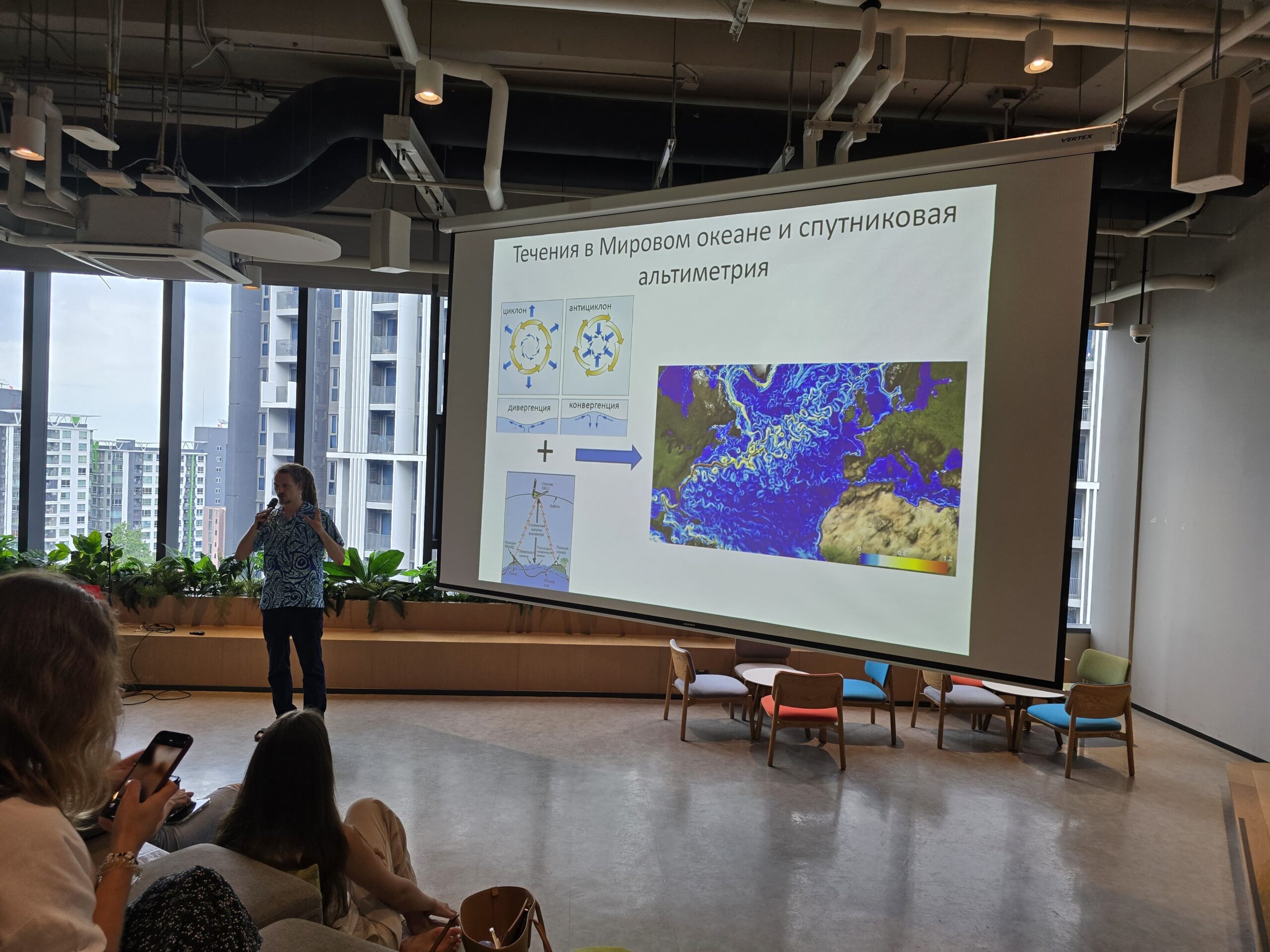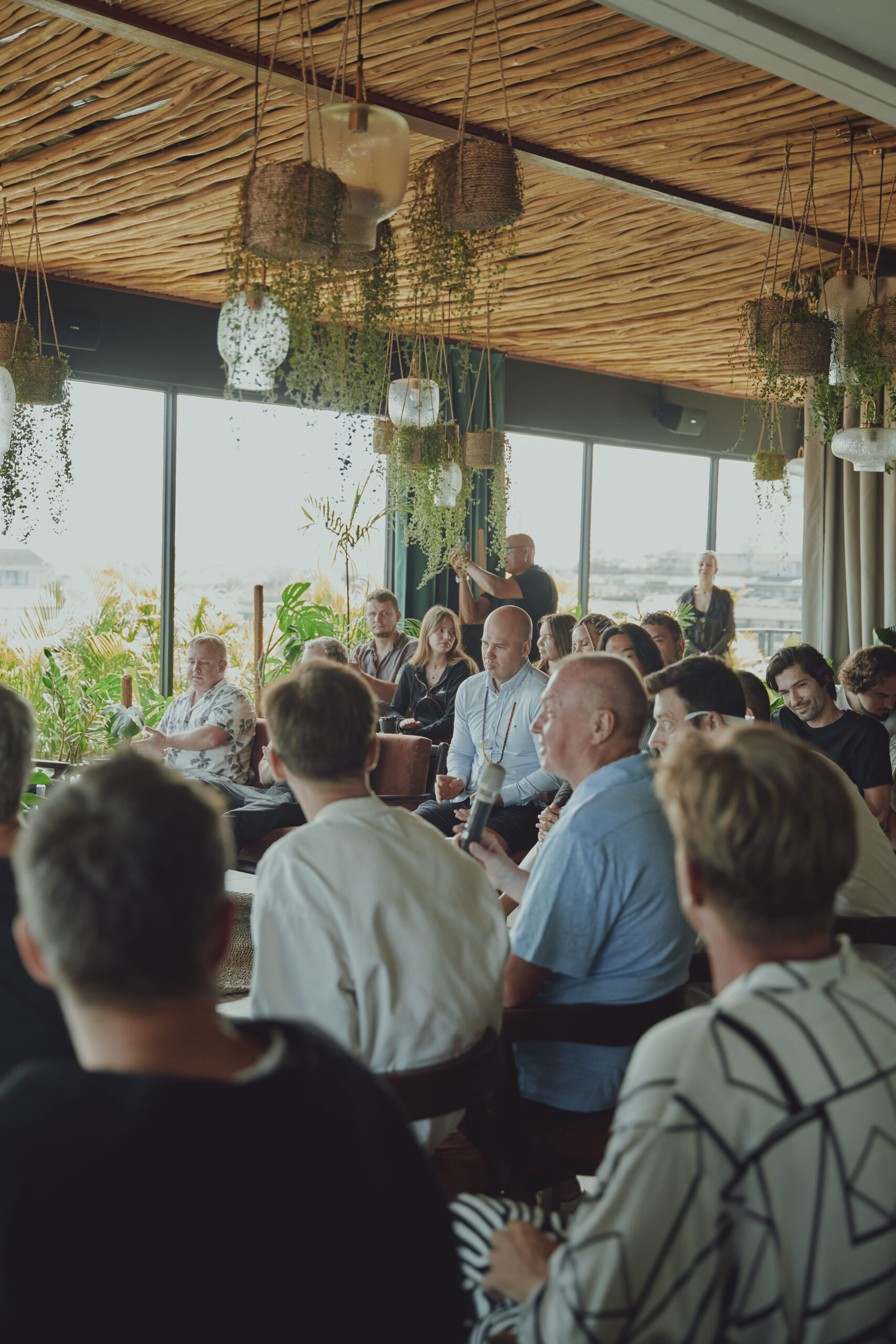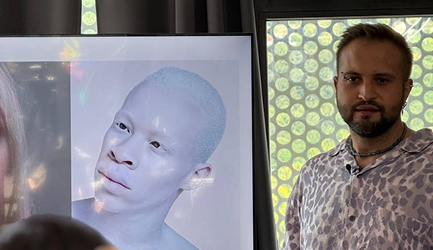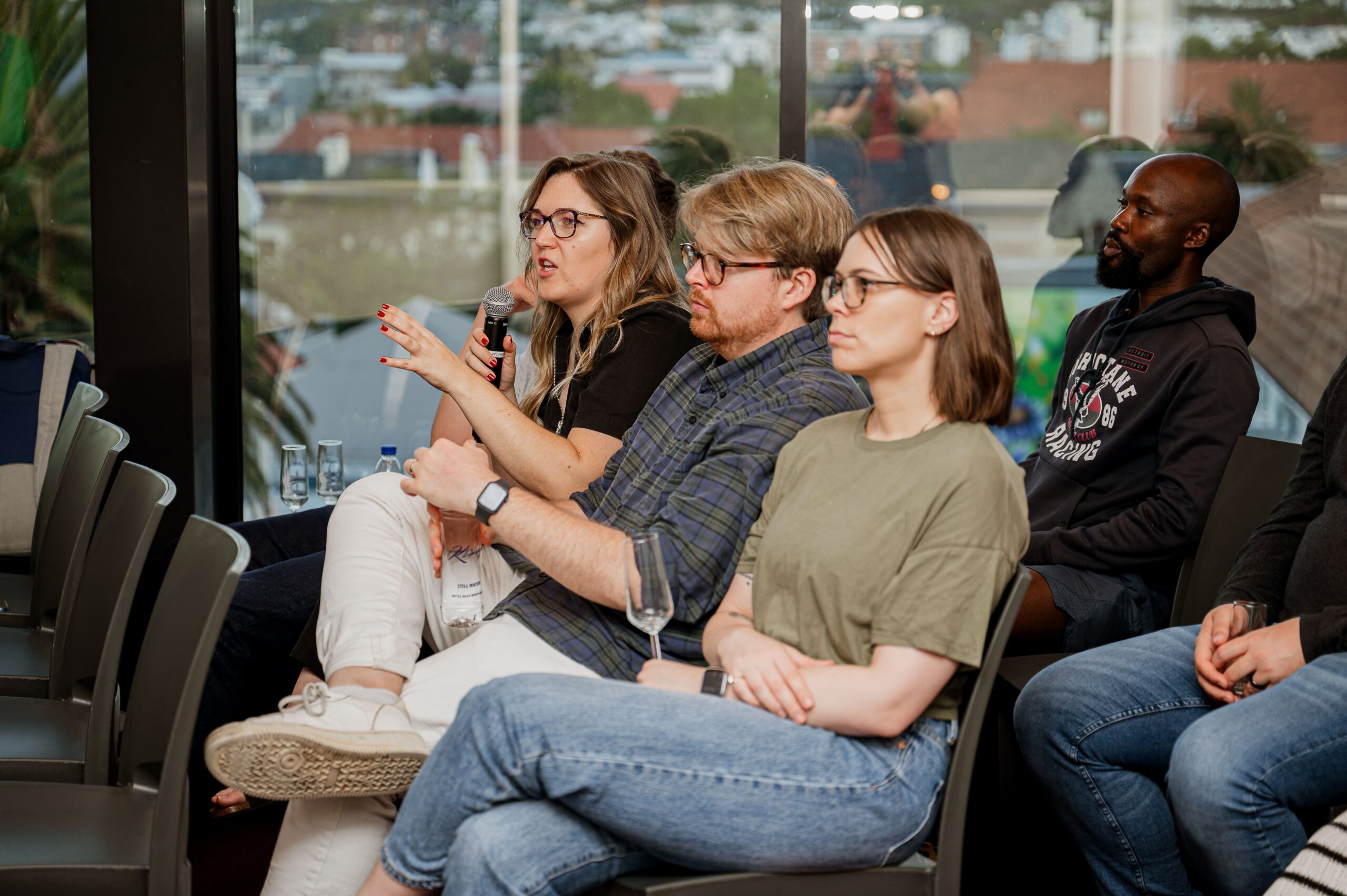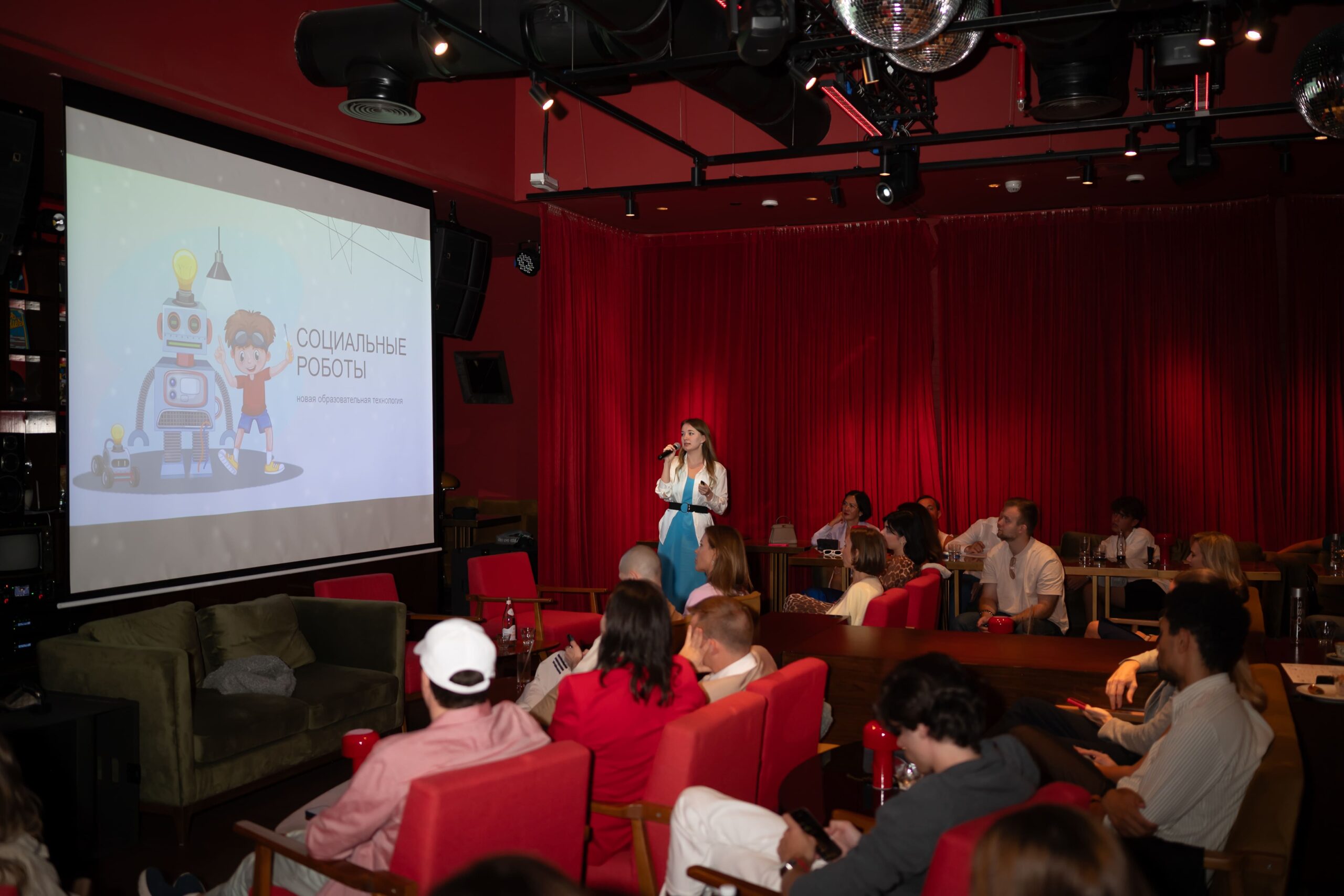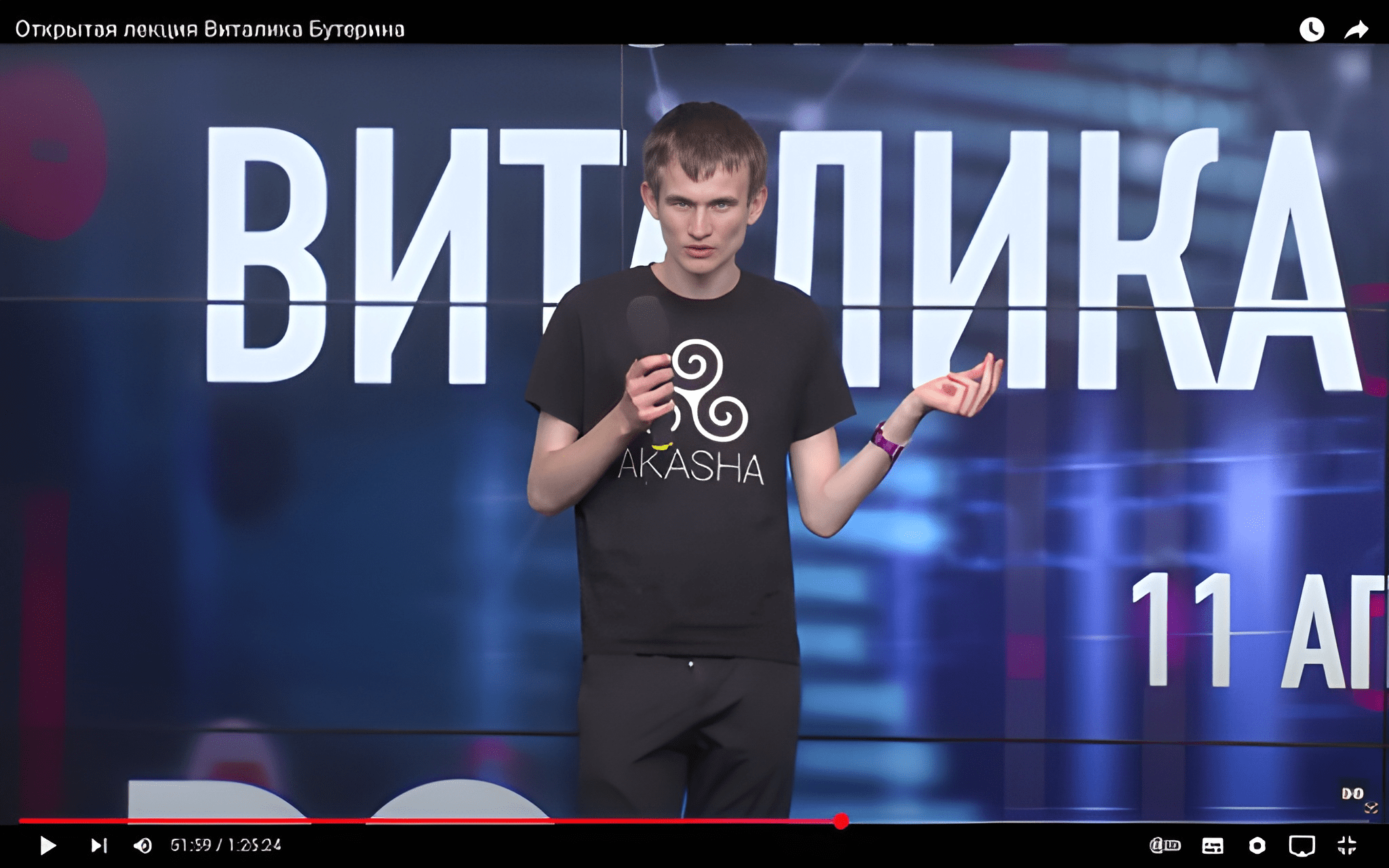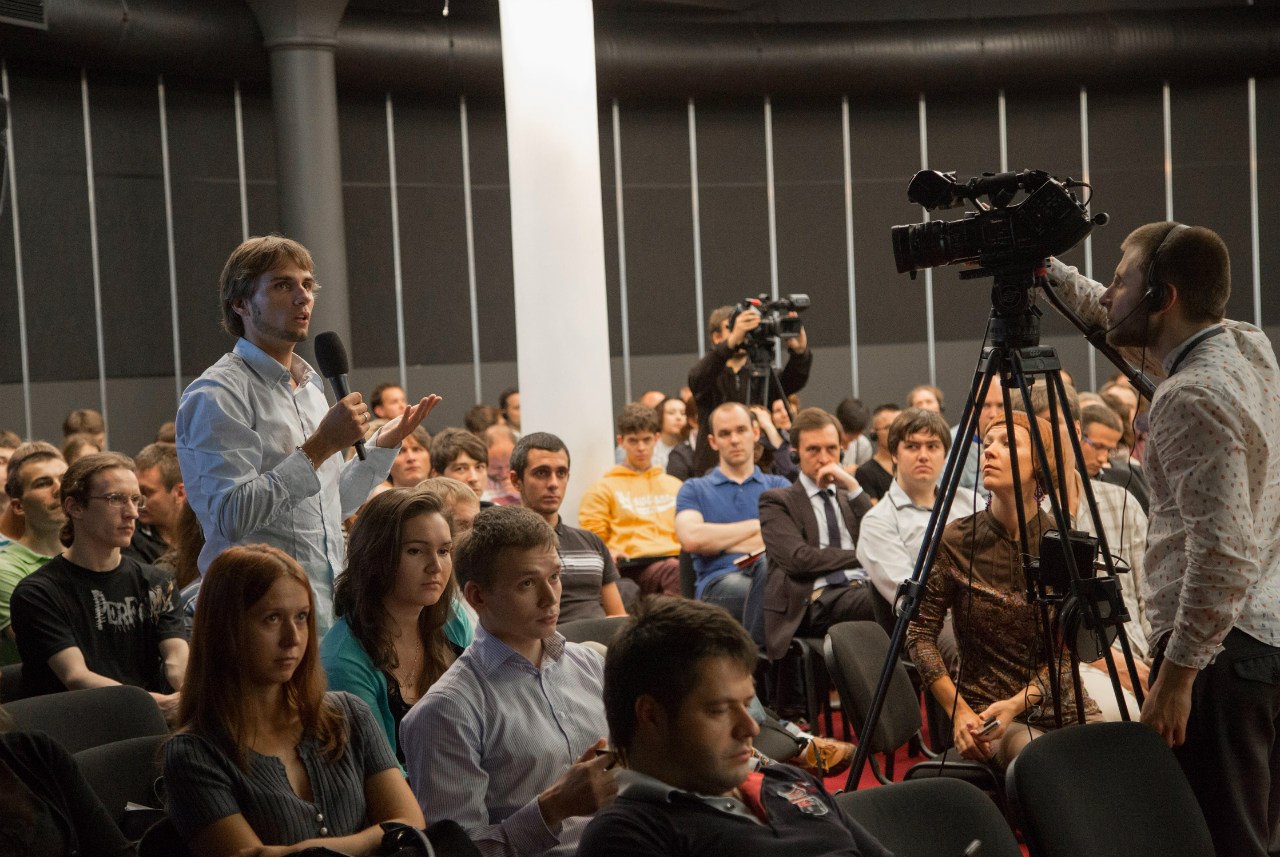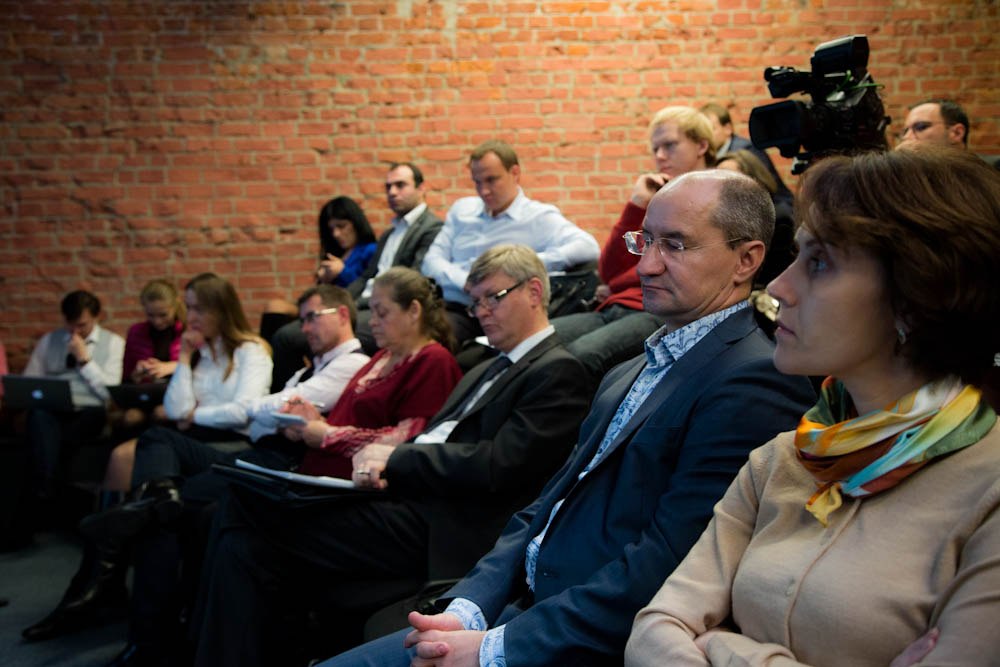Bringing Together
in Science and Technological Entrepreneurship
since 2010




Alexander Ganshin head of Yandex Weather and founder of Meteum.ai, gave a lecture on the transformative role of artificial intelligence in next-generation meteorology. The discussion centered around deep learning algorithms, the use of neural networks for atmospheric data analysis, and improved accuracy in short-and long-term forecasting.
Ganshin outlined how major IT companies — from IBM to Google — are investing in climate forecasting technologies and how such tools help businesses better anticipate weather-related risks. The lecture also explored AI applications in combating climate change across sectors like agriculture, transportation, and energy. Particularly compelling were the commercial use cases of Meteum.ai. The session concluded with a Q&A and networking, enabling attendees to discuss the intersection of science and business.
Alexander Ganshin head of Yandex Weather and founder of Meteum.ai, gave a lecture on the transformative role of artificial intelligence in next-generation meteorology. The discussion centered around deep learning algorithms, the use of neural networks for atmospheric data analysis, and improved accuracy in short-and long-term forecasting.
Ganshin outlined how major IT companies — from IBM to Google — are investing in climate forecasting technologies and how such tools help businesses better anticipate weather-related risks. The lecture also explored AI applications in combating climate change across sectors like agriculture, transportation, and energy. Particularly compelling were the commercial use cases of Meteum.ai. The session concluded with a Q&A and networking, enabling attendees to discuss the intersection of science and business.
Alexander Ganshin head of Yandex Weather and founder of Meteum.ai, gave a lecture on the transformative role of artificial intelligence in next-generation meteorology. The discussion centered around deep learning algorithms, the use of neural networks for atmospheric data analysis, and improved accuracy in short-and long-term forecasting.
Ganshin outlined how major IT companies — from IBM to Google — are investing in climate forecasting technologies and how such tools help businesses better anticipate weather-related risks. The lecture also explored AI applications in combating climate change across sectors like agriculture, transportation, and energy. Particularly compelling were the commercial use cases of Meteum.ai. The session concluded with a Q&A and networking, enabling attendees to discuss the intersection of science and business.
The development and application of neural networks took center stage in a lecture by Anna Zinina, a leading researcher in social robotics. She presented cutting-edge advances in human-centered AI, including the experimental robot F-2, which can recognize speech, interpret emotions, and exhibit complex nonverbal behavior.
A large portion of the lecture focused on the use of empathetic robots in education and therapy, where adaptability and emotional sensitivity are crucial. Zinina showcased current research findings, demonstrated videos, and discussed how neural networks can be trained through social interaction. The session also addressed ethical concerns, data privacy, and public trust in AI in daily life. A lively discussion with the audience followed, featuring practical case exchanges and questions about the future of these technologies.
The Fuckup Nights format has become iconic among audiences who value honesty, self-reflection, and professional growth. At these events, professionals from business, IT, design, and architecture openly share stories of failure. Each speaker is given 7 minutes and 10 slides to explain the causes of their failure and the lessons learned.
Raw and candid talks sparked genuine audience engagement and were followed by an active Q&A session. After the official part, attendees continued discussions at the bar, exchanging personal stories and takeaways in an informal setting. The event proved that behind every success story lies a valuable journey through failure — an essential part of becoming a seasoned professional.
Vitalik Buterin, founder of Ethereum and one of the most influential thinkers in the blockchain space, delivered a public lecture at Digital October, focusing on the future of decentralized technologies. In 2014, Buterin received the prestigious World Technology Award, surpassing high-profile nominees such as Mark Zuckerberg, solidifying his role as a key figure in the cryptocurrency ecosystem.
During the lecture, he discussed the foundational principles of Ethereum, outlined how blockchain technology could reshape the digital world, and highlighted the major challenges facing the industry. A significant portion of the talk was dedicated to the potential of blockchain in areas such as governance, finance, healthcare, and even public administration. The event concluded with a Q&A session, during which attendees explored the prospects of blockchain regulation and the application of decentralized solutions in business and science.
Renowned Pixar director and screenwriter Andrew Stanton delivered an insightful lecture on the craft of storytelling and how to create narratives that resonate with millions. His portfolio includes iconic works such as WALL-E, Finding Nemo, and Toy Story.
Stanton shared techniques for building strong narrative structure, developing compelling characters, and capturing audience attention in an increasingly competitive media landscape. Drawing on his experience at Pixar, he emphasized the importance of authenticity in storytelling, noting that even in fantastical worlds, audiences seek genuine emotion. The session concluded with a networking event, where participants discussed the application of storytelling in modern media and creative industries and asked Stanton questions about Pixar’s story development methods.
Nathan Blecharczyk, Chief Technical Architect and Co-Founder of Airbnb, spoke about creating a user-friendly online service for the international market and minimising the challenges that arise as companies grow rapidly. Nathan also shared how the Airbnb team attracts customers and addresses security issues, such as rental property insurance.
The programme included a master class and networking with the audience.
We Offer
Working Tools for the Popularisation of Science and Technology

